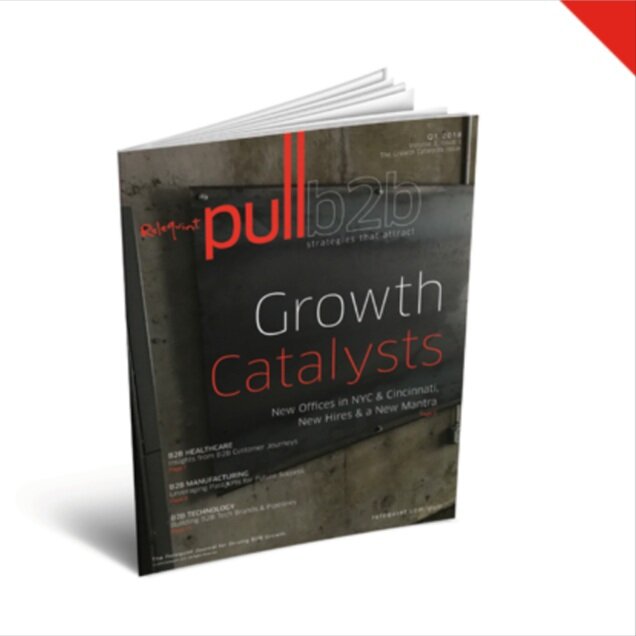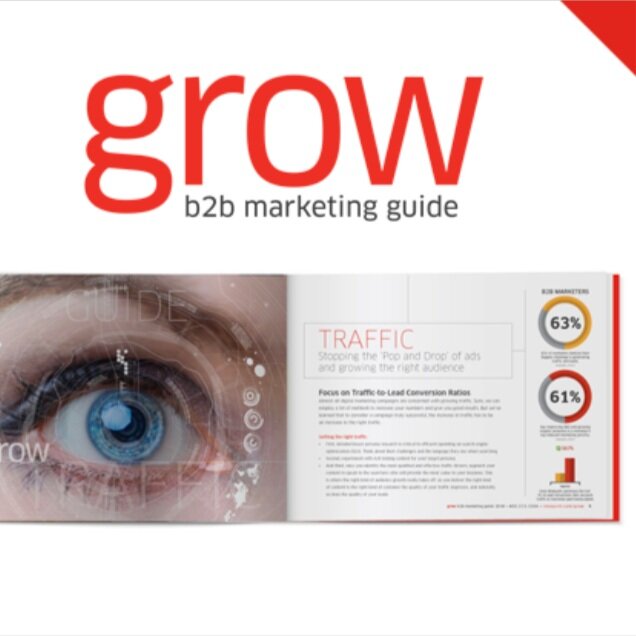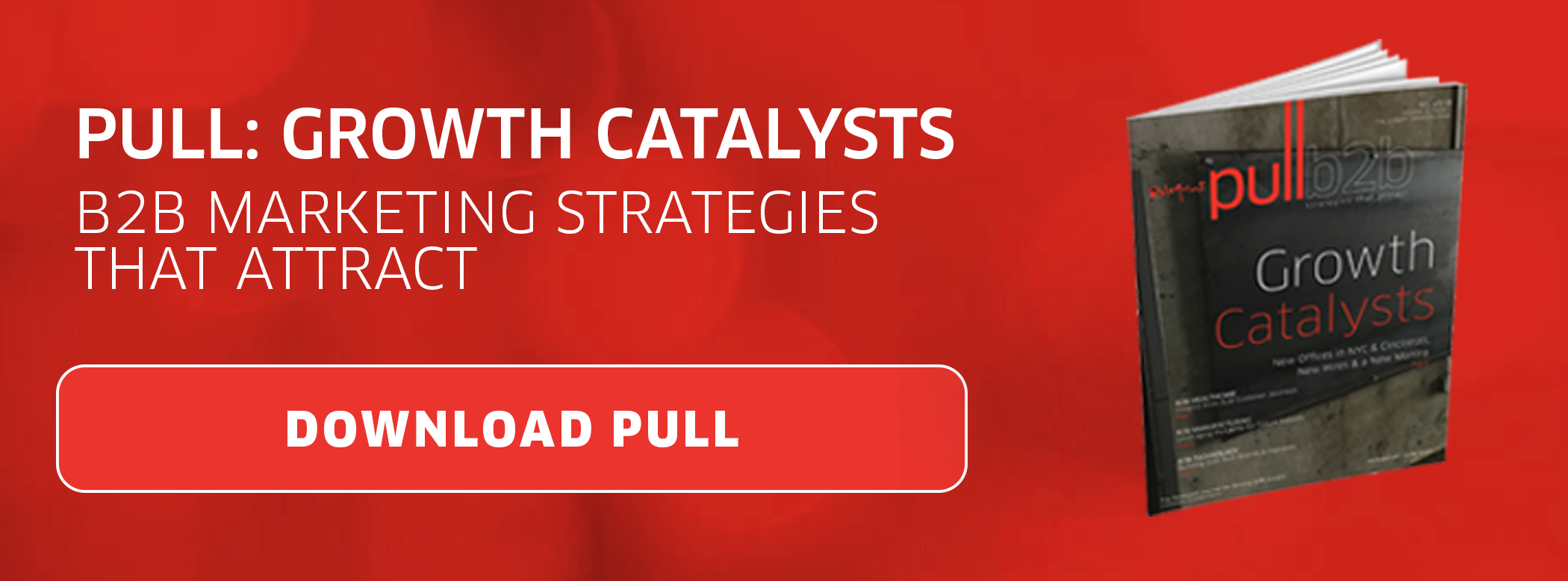 If you’re considering switching to a new marketing automation platform that’s a better fit for your B2B company, you know how competitive the field has become. Along with industry leaders like HubSpot, Marketo and Pardot, new B2B marketing automation solutions are vying for your business (and probably taking up space in your inbox with their pitches).
If you’re considering switching to a new marketing automation platform that’s a better fit for your B2B company, you know how competitive the field has become. Along with industry leaders like HubSpot, Marketo and Pardot, new B2B marketing automation solutions are vying for your business (and probably taking up space in your inbox with their pitches).
Don’t make the switch to a new platform without asking these questions first:
1. How well does it integrate with your current software?
As you research marketing automation software platforms, look for a platform that integrates easily into the marketing systems that you’re already using, namely your CRM. You'll want a platform that offers you more for your investment and doesn't require costly, complicated or time-consuming add-ons to work as you need it to.
2. Will the platform grow with your company?
While you might be satisfied with your current marketing automation solution, that could be because you aren’t using all of its features — either because you don’t need them right now, or because you don’t have the resources to use them.
Will the software continue to support your business even if you grow exponentially? Can you easily add more users from your own sales and marketing teams, external contacts, workflows, reports and integrations to the platform? If so, what are the costs involved?
while HubSpot, Marketo and Pardot offer many of the same basic features, if you know you’re going to be using marketing automation and advanced analytics in the future, HubSpot is your best choice.
3. Can you customize the software?
All businesses have varying needs when it comes to marketing automation software. As you do your research, take a look at the features you can customize, such as blog and landing templates and analytics reports. Software that requires too many add-ons to make it worth your investment aren't going to be right for your company.
You want software that follows your workflow and is easy to set up and navigate. Does it make it easy for your marketing and sales teams to collaboratively set SMART goals, share analytics and determine how best to follow up with leads? How many steps does it take to create and customize valuable reports?
4. Does the platform help you keep as well as attract customers?
True, attracting sales-qualified leads and converting them into customers is a major part of your marketing strategy. And your martech software should certainly aid in that effort.
But keep in mind that you should also be using your marketing automation software to build strong relationships with existing customers. Along with lead gen tools, you need tools that will build brand loyalty and turn them into champions of your company, such as an automated lead nurturing campaign with dynamic content that offers them a personalized discount on a new product or service based on their past purchases.
5. How accessible is the platform’s tech support?
No matter how skilled you are with marketing automation software, you’ll need technical support at some point. How does the platform you’re considering offer tech support — phone, email, online chat, social media, all of the above? What are the support hours of each channel? If they don’t offer support 24/7, in what time zone is their help desk — and is it the same as yours? You may need immediate help after business hours, and it won't help if the support line is closed.
These questions will get you started as you look into the best martech solution for your business. Reaching out to an experienced B2B marketing agency that has already asked these questions and others can help you make the switch and streamline the onboarding process, too. ![]()







 By
By 
